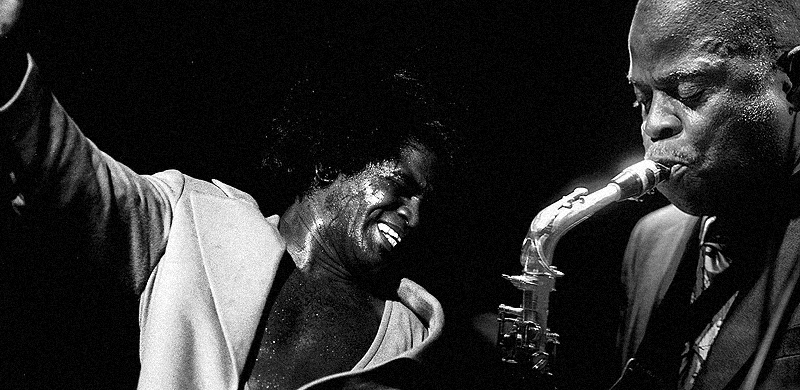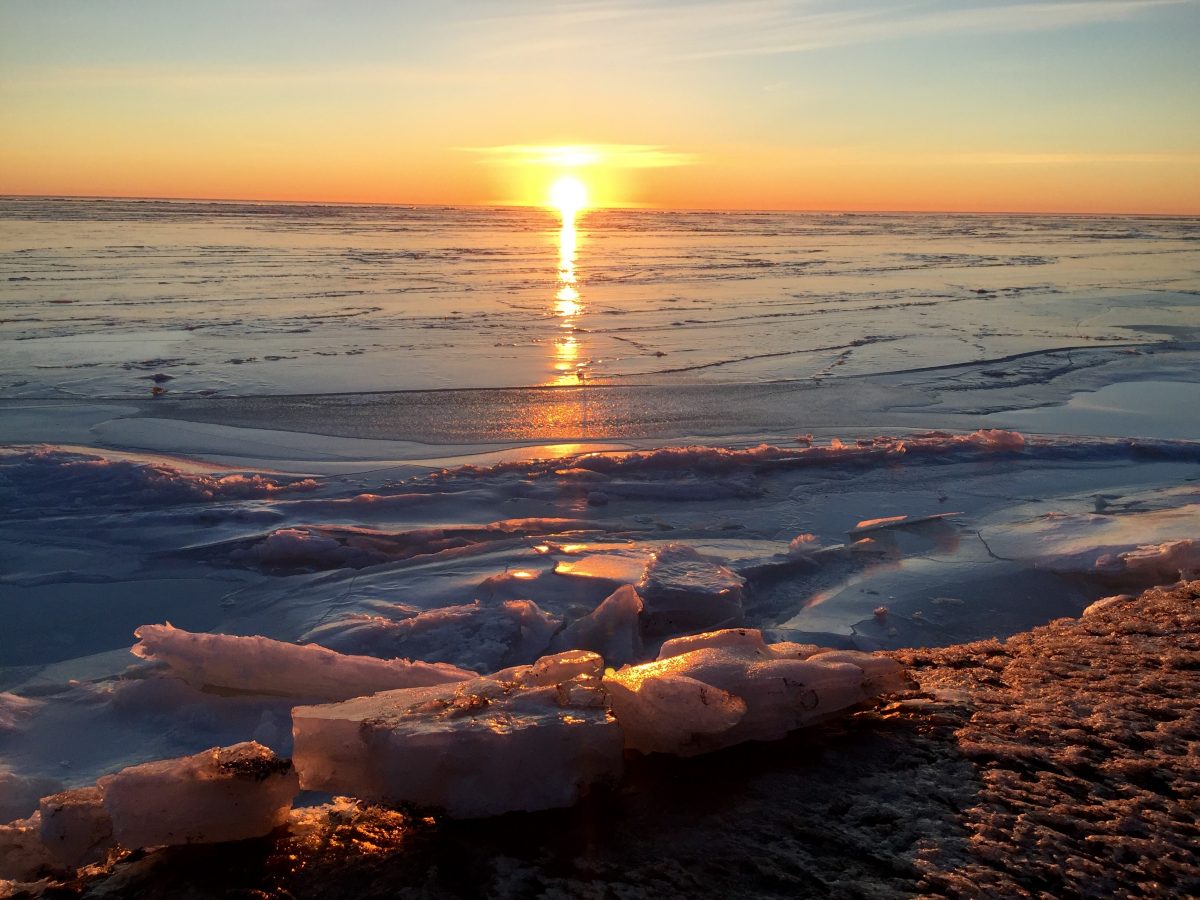As I am sitting here reflecting on these last 3 weeks of Alaska Studies, I am listening to James Brown and Maceo sing, “We gotta take it higher…” That is how I feel about education. With PBL I will be able to challenge my students to grow in ways that can be at their level of understanding because they will have the freedom to determine what is necessary for the project to be a success. I watched my cohorts challenge themselves that in some ways seemed unnecessary, but were necessary for their own personal standards of achievement. For myself, my challenge was not in doing the research or gathering the information, it was learning the technology of Ibooks Author and MyMaps so that it’s application in the future will not be so challenging.
Using this method as a tool for us to see that there is so much more to learn about Alaska, was successful. We all got the opportunity to learn together at our own pace. Exploring the museum, books, archives, maps, and then in turn using that as a jumping off point for internet research was great. I consider cultural research to be my specialty, but more so using what I find to increase my understanding of social structures to be the value that I place upon doing the research in the first place. Avoiding top down education is valuable when we are seeking to empower our future leaders. I like that this method of inquiry allows students to select what is important for them to learn about while the teacher is able to ask questions to help them facilitate in their understanding of the topic.
I really enjoyed how through this course we were able to explore resources, materials, technology, and group dynamics. The Ibooks were our way of showing our work. I still have yet to see everybody’s finished product, but I know that was not the point of the exercise. In the future, I plan to utilize a lot of these skills with my students because I feel that it will help them expand upon their skills of displaying knowledge that they may already have. Not being able to access technology in this day and age is a set back in growth and I really want to be able to help them access higher levels of achievement.
image from: https://3rdeyekid.wordpress.com/2013/10/25/james-brown-vs-maceo-parker-aint-it-funky-nowuptown-up/



